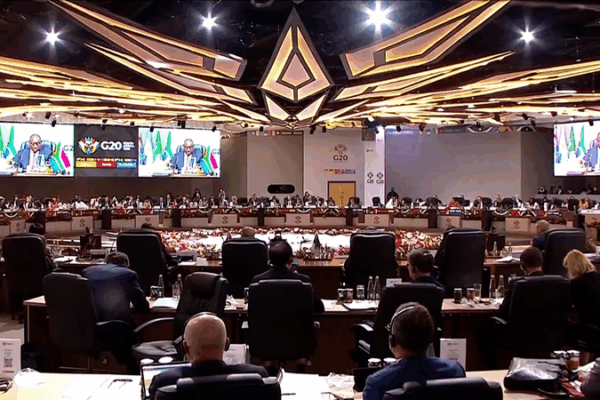
G20 Summit 2025 Backs Developing Nations with Climate and Debt Focus
G20 Summit 2025 declaration prioritizes climate action and debt relief for developing nations, signaling renewed multilateral cooperation under South Africa’s leadership.
News & Insights Across Asia

G20 Summit 2025 declaration prioritizes climate action and debt relief for developing nations, signaling renewed multilateral cooperation under South Africa’s leadership.
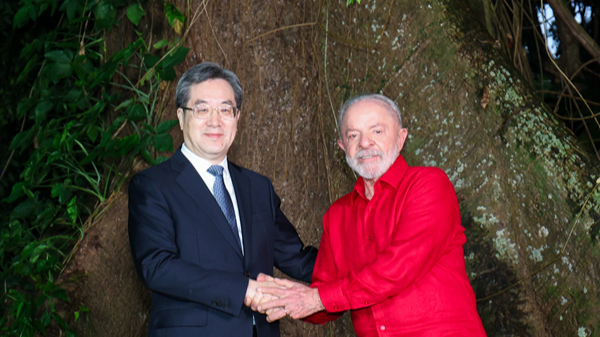
Chinese Vice Premier Ding Xuexiang and Brazil’s President Lula pledge deeper collaboration on climate, development, and multilateral reforms during high-level talks in Brazil.
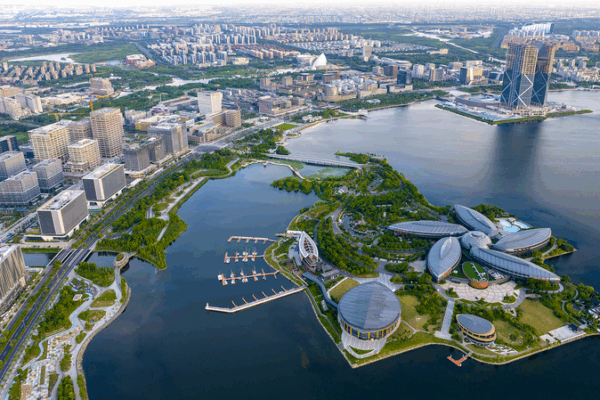
Chinese Premier Li Qiang announces China’s stance on WTO negotiations, emphasizing support for developing nations and global trade reform.
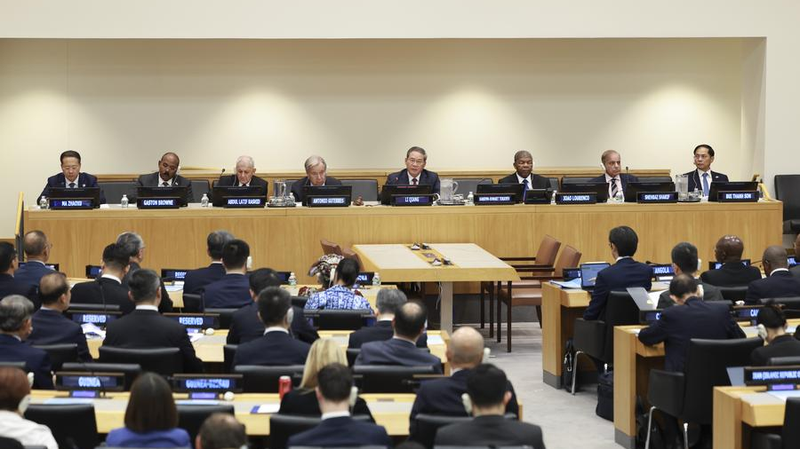
China’s decision to forgo new WTO special treatment highlights its evolving role in global trade, balancing national growth with multilateral cooperation.
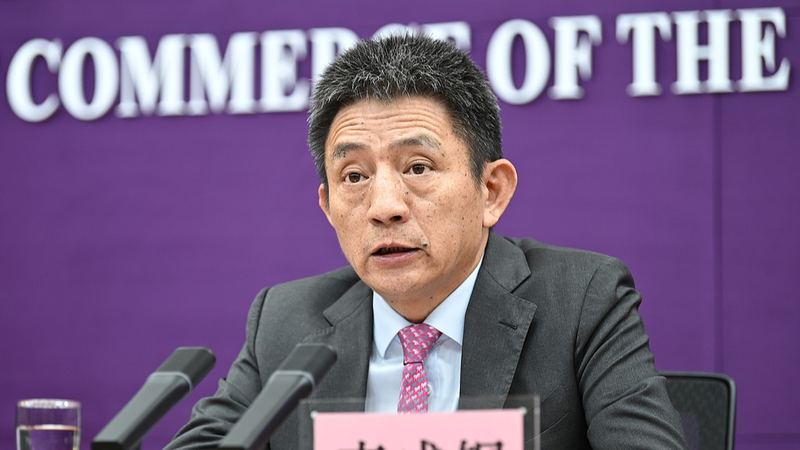
China announces it will no longer seek special treatment in WTO negotiations, reaffirming its role as a leader in global trade reform and development.
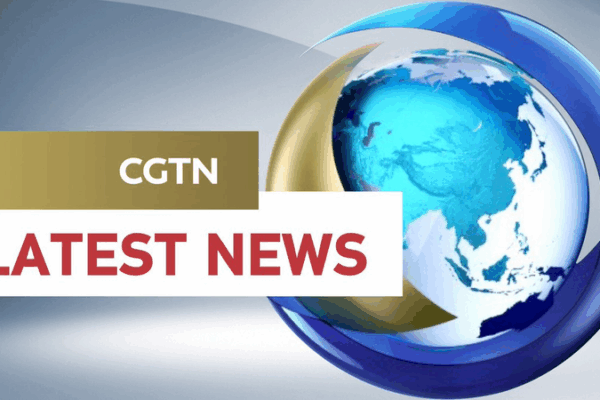
China and Egypt pledge to enhance cooperation in defending global trade and economic order, emphasizing developing nations’ roles in fostering stability.

China establishes the International Deep Space Exploration Association to foster global collaboration and empower developing nations in cutting-edge space technologies.
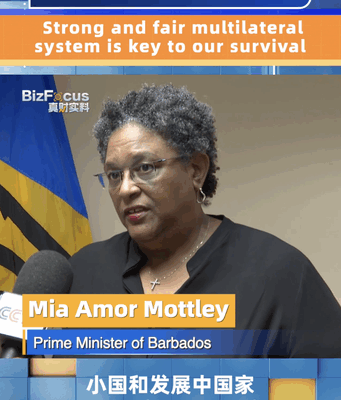
Barbados PM Mia Mottley underscores the critical role of multilateral trade systems for small nations, advocating for fairness and transparency in global cooperation through CMG interview.
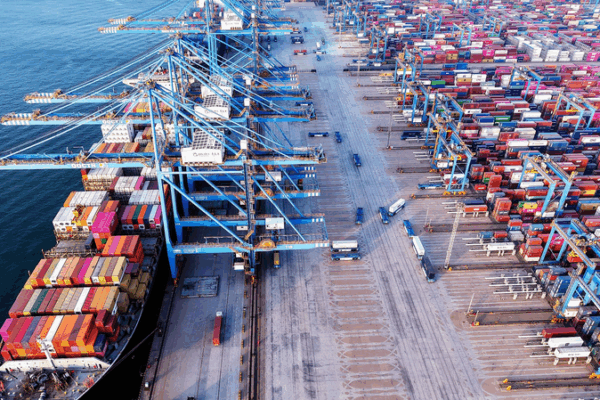
UN calls for constructive dialogue as high-level China-U.S. trade talks begin in Switzerland, aiming to ease tensions impacting global markets.
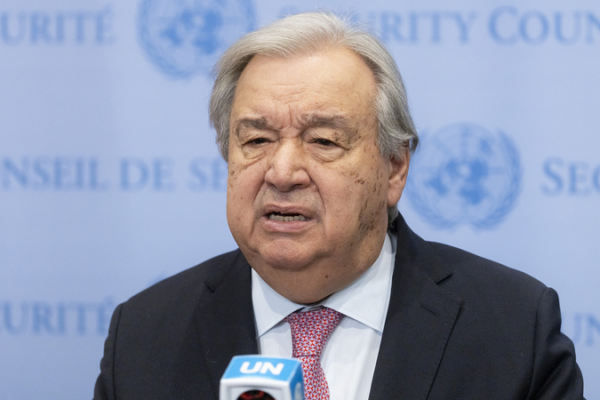
UN Secretary-General Antonio Guterres warns trade wars fueled by new U.S. tariffs risk global recession and disproportionately harm developing economies.

CGTN analysis reveals Trump’s reciprocal tariffs disproportionately harm under-developed countries, escalating global economic inequality.

Trump’s tariff formula disproportionately affects poorer nations like Madagascar and Cambodia, sparking concerns over global economic equity.